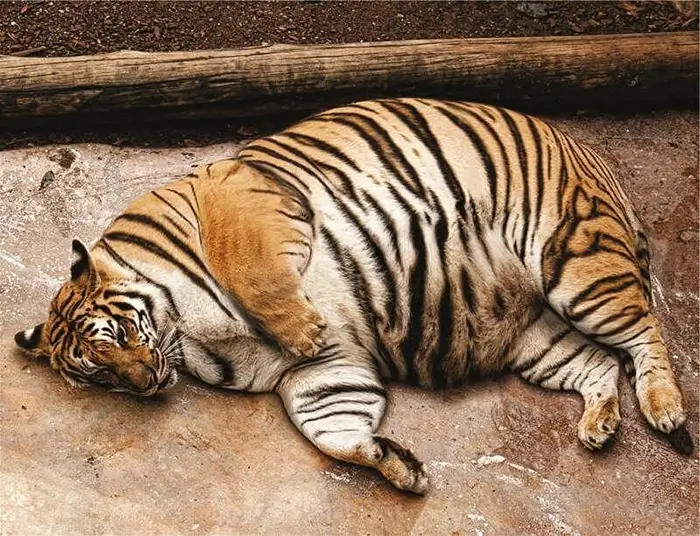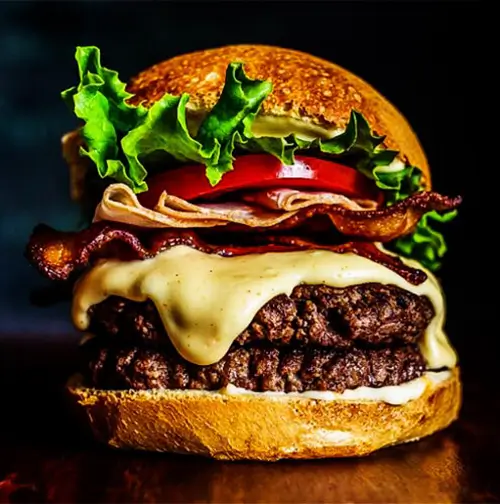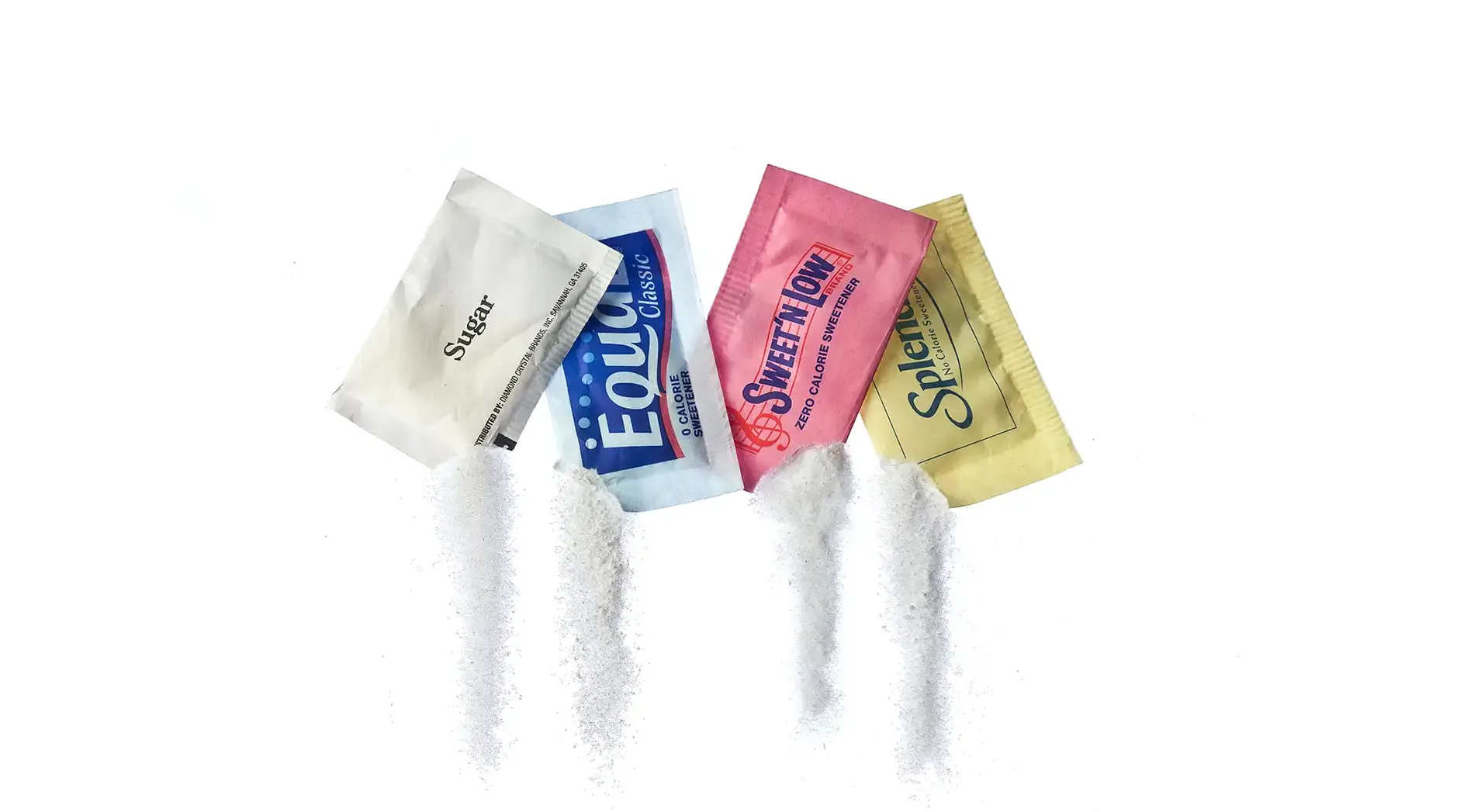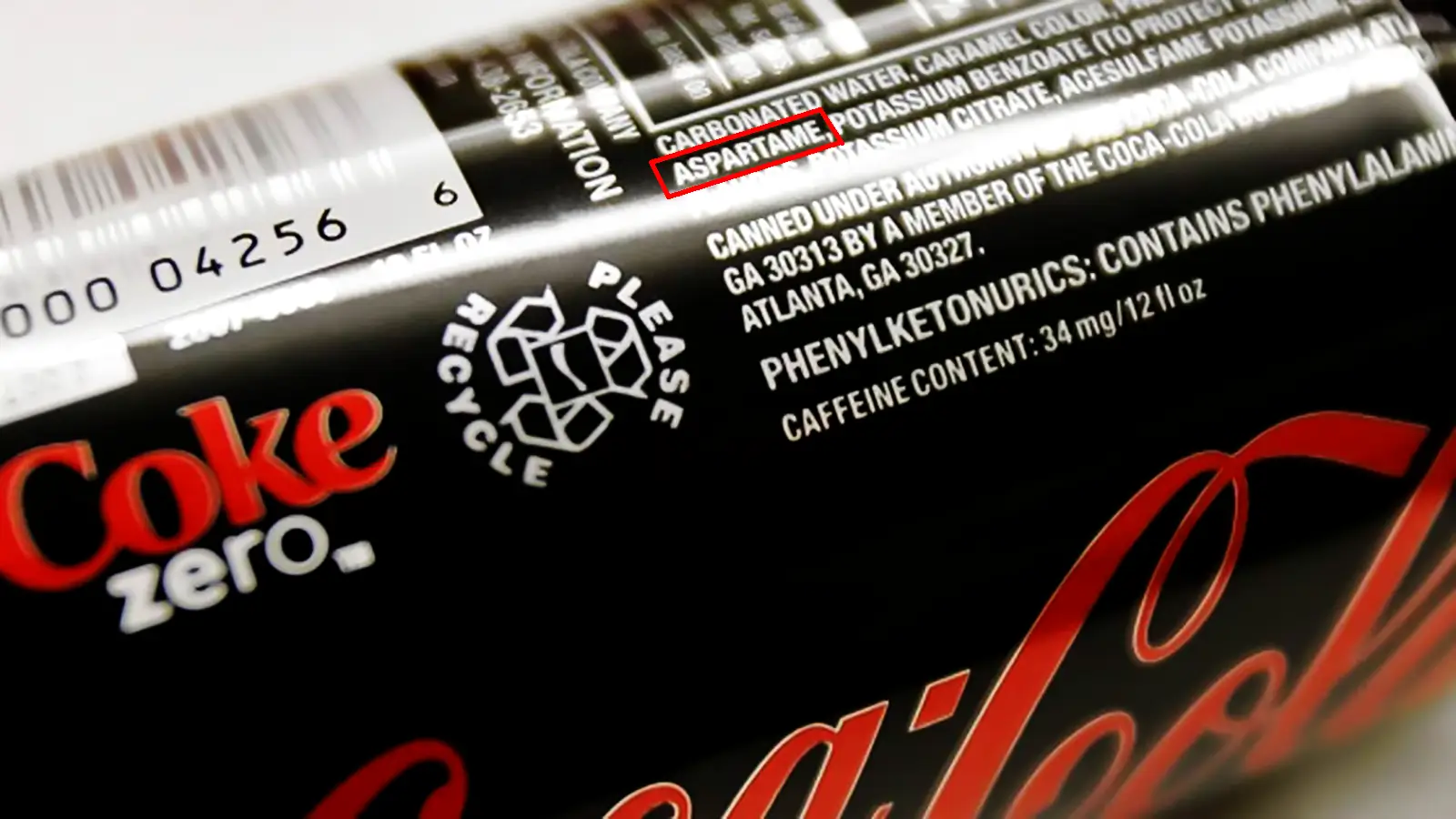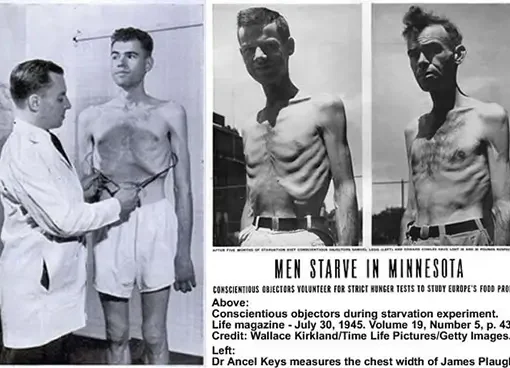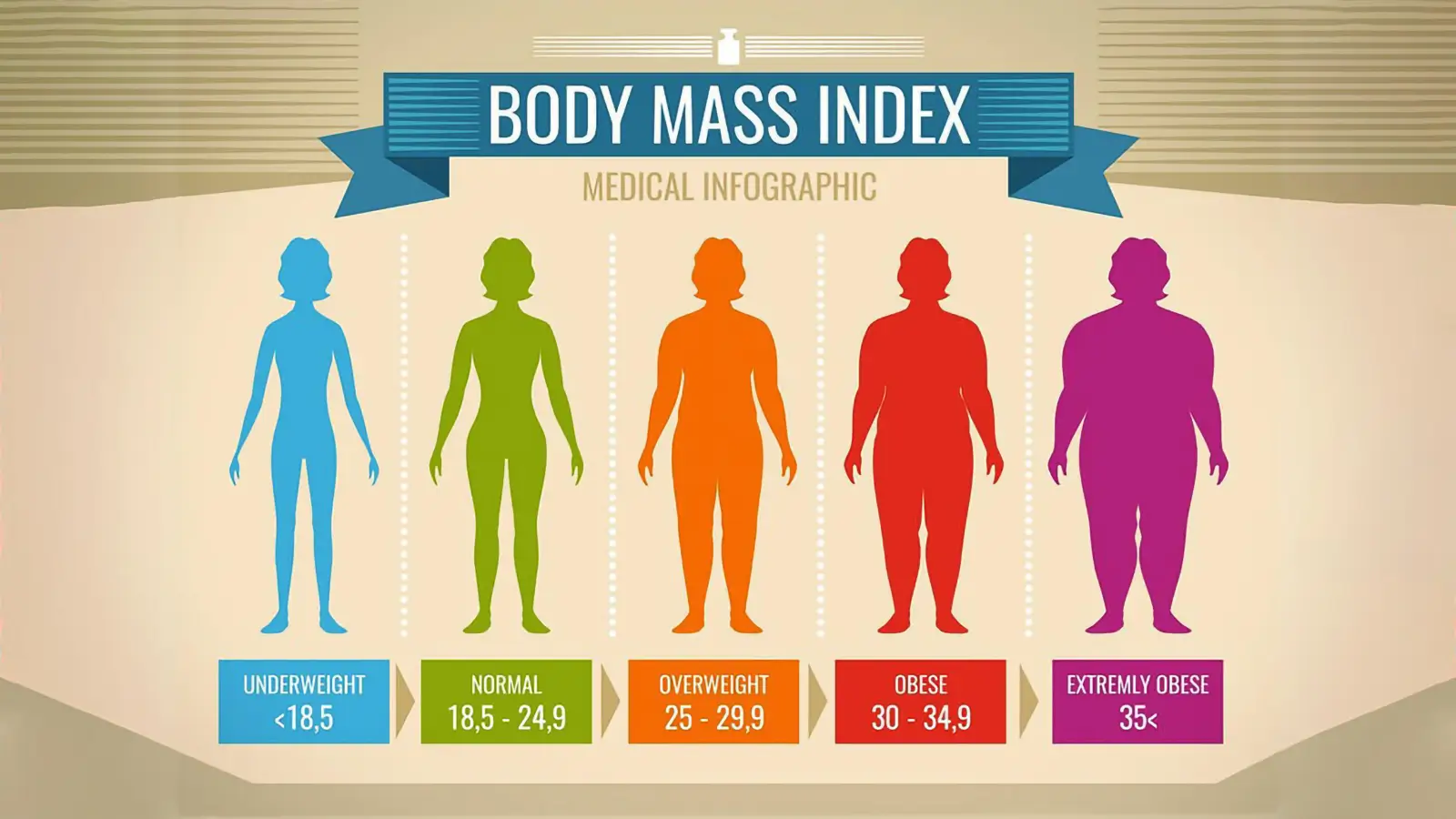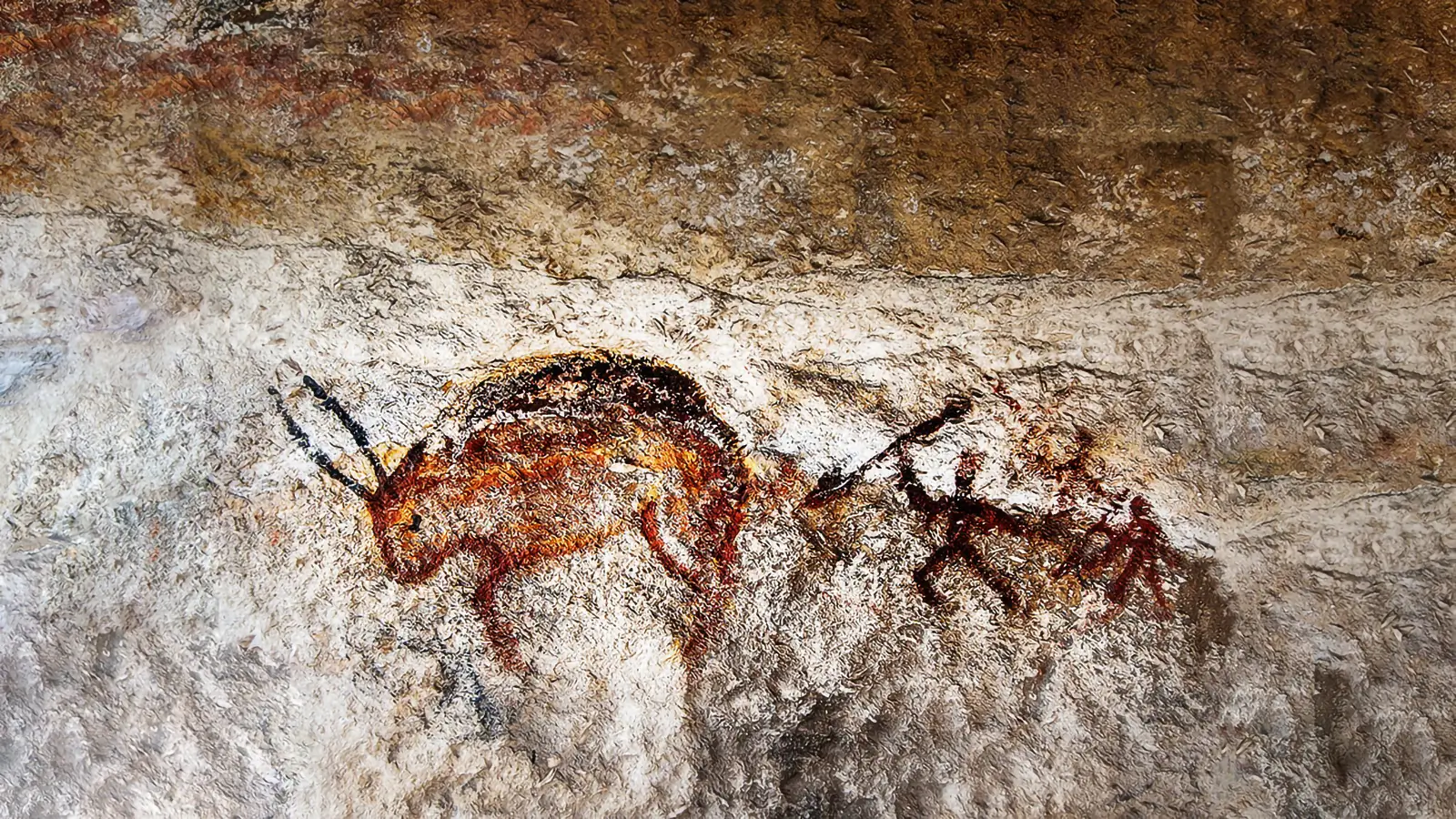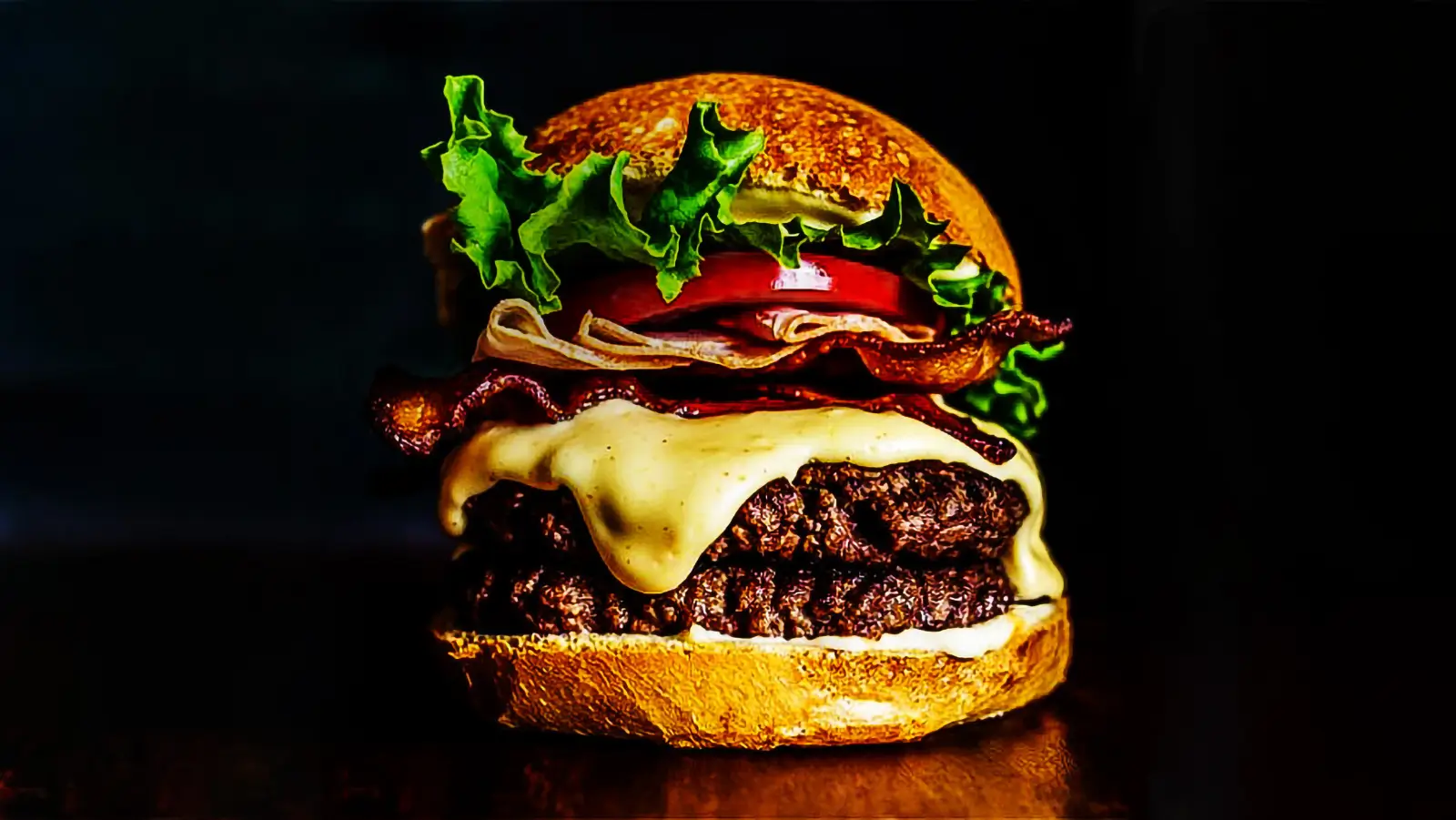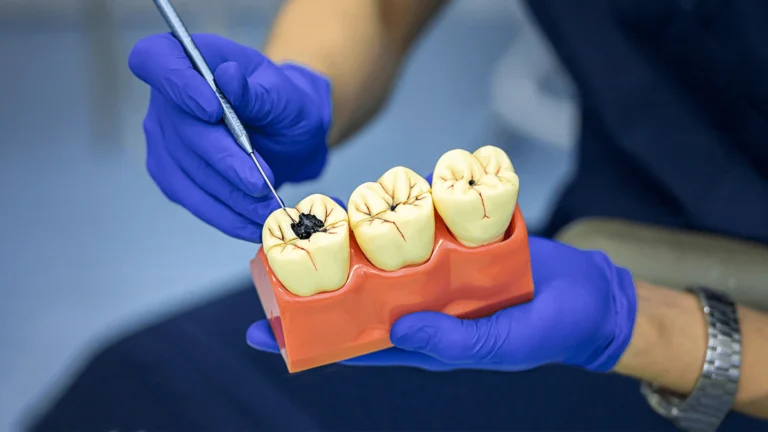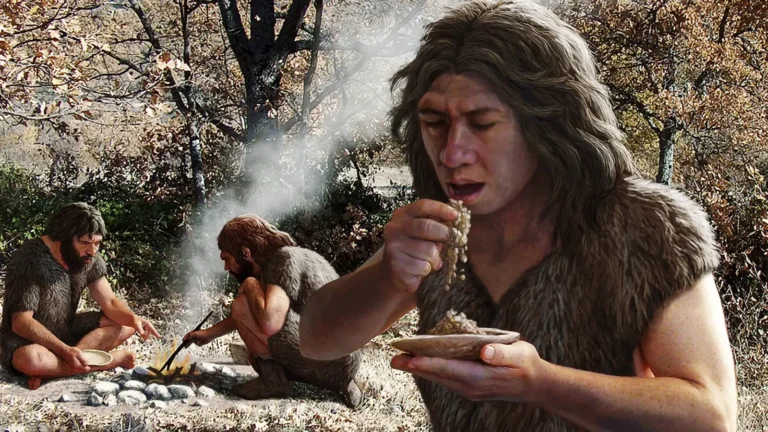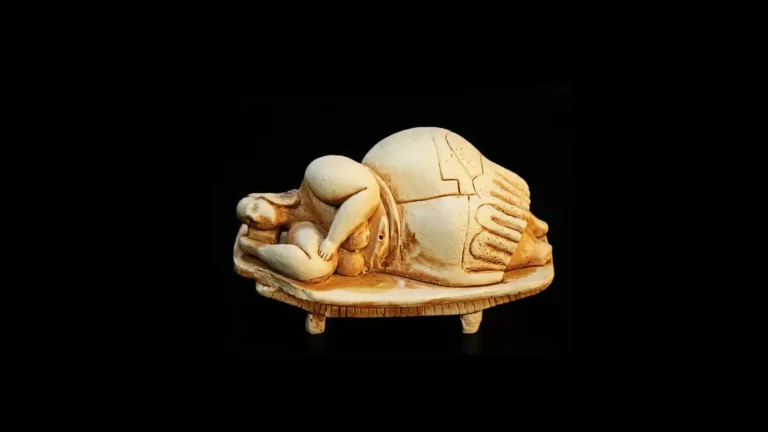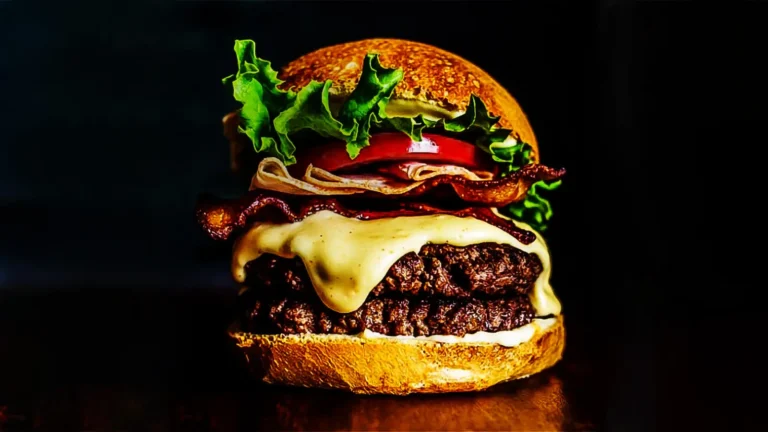Cause of Obesity- Maladaptation or addiction
What is the cause of obesity epidemic? For all life on Earth, food is not a choice. The hardest thing for the animal in the wilderness is to gain weight.
Milos Pokimica
Written By: Milos Pokimica
Medically Reviewed by: Dr. Xiùying Wáng, M.D.
Updated June 9, 2023What is the cause of obesity epidemic? Can the obesity epidemic be reversed if we understand the cause of obesity?
Obesity is a complex disease and it is a disease characterized by an excess of body fat. Obesity is more than just a cosmetic issue. It is a medical condition that raises the risk of developing other diseases and health issues, such as heart disease, diabetes, high blood pressure, and certain cancers.
Some people struggle to lose weight for a variety of reasons but the main one is that our brain acts in an evolutionary protective manner. In other words, the cause of obesity is maladaptation to our current environment. Scarcity is the rule in nature and an overabundance of food never existed in our 50 million-long history.
When you go to the obesity clinic and ask what is the cause of obesity, and what you have to change in your life, you won’t receive a decisive answer. The reason is that conventional allopathic medicine works as a reductionist practice. The cause of obesity is maladaptation which is a decisive answer. But this answer requires a holistic approach and a reductionist approach is what you get in hospitals. Holistic medicine does not have a patent or operation pending so there is no profit to pay for someone’s engagements. That is a reason why they don’t tell you the whole truth about the cause of obesity epidemic. Prescription medications and weight-loss procedures are additional options for treating obesity that make a lot of money besides supplements and other programs but all of them remember of they do not treat the root cause of the obesity epidemic. You can lose weight bat the condition that made you gain weight is still there as an evolutionary protective mechanism and it is very little we can do about it.
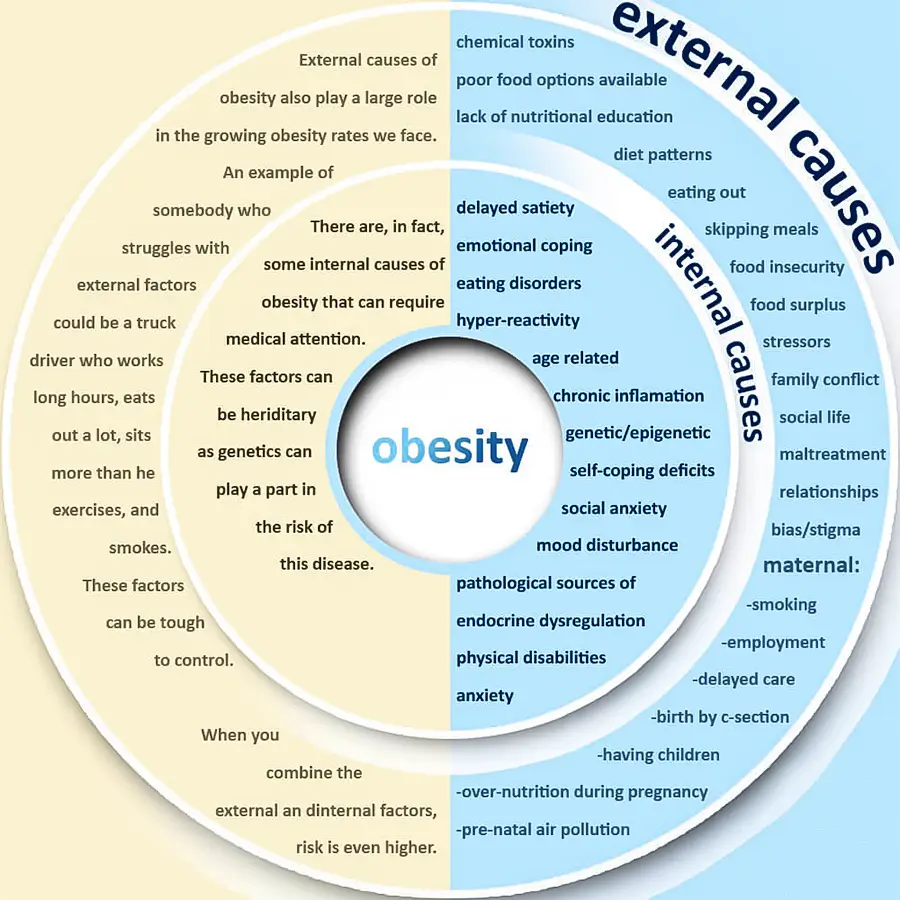
The cause of obesity is embedded into our genome and it is embedded into the genome of every species on this planet. All of the species on Earth are going to become obese if there is an abundance of food not just our pets. Animals as well as humans eat as much as they can every time they can. We can start to explain the cause of obesity in a scientific manner. We can start to look into genomes a do a line of studies, we can start to experiment with different hormones, and different food types, then we can do a line of studies involving neurochemicals and brain signaling. In this way, maybe studies will be able to give us some magic injection or pill to deal with this condition but the cause of obesity remains a complex mechanism rooted in maladaptation.
The majority of people think about weight loss because of the sex appeal. Health considerations are not always the primary reason for dieting. However, in cases of morbid obesity when the doctor tells patients to lose weight or die, health considerations come into play patients will try to lose weight. Most of the entire population will in their lifetimes at some point be on a diet for one reason or the other. In most cases, dieting would not give any long-term and lasting results.
But why? What is the cause of obesity? Let’s look into it in more detail.
An evolutionary adaptation is any heritable phenotypic character whose frequency of appearance in a population is the result of increased reproductive success. Adaptation is the development that the organism goes through in order to become accustomed to an environment. It is linked to evolution because it is a long process. One that occurs over many generations. Genetic change is what occurs.
Habitats do often change. Consequently, the process of adaptation is never finally complete. With time, it may result that the habitat changes to some extent and that species adapt to fit its surroundings better and better.
It may also happen that the environment changes very little and that species do not need to adapt at all. Examples of this can be seen in so-called living fossils like jellyfish that evolved 550 million years ago. Also, variations in the habitat may happen almost immediately, resulting in species growing less and less well-adapted and eventually going extinct.
What does evolutionary adaptation have to do with our diet and why is this important?
We have to understand how abrupt shifts in our environment caused by technological progress and our modern way of living can affect our biology that is not adapted to it and how it might affect our health. Another solution would be to act impulsively, emotionally, and instinctively like most other animals. That is precisely what we can see when we visit hospitals and give most of our income on the good service of modern medicine.
Animals eat impulsively because they are conditioned to do it for survival. For all life on the planet Earth, food is not a choice. The hardest thing for an animal in the wilderness is to gain weight. The hardest thing for us is to lose it.
And this is only because of technological progress in the last couple of centuries. That progress has enabled our current generation to eat as much as we want and whenever we want. We have a shift in our understanding of food and we have started to treat food as a source of gratification. The problem is that If we do start to treat food as a source of gratification and make dietary choices that are based on feelings and satisfaction, like it or not it will have health consequences.
For most of our evolution, we were slim in a state of constant hunger and constant physical activity, naked, and eating mostly vegan food.
The only reasonable assumption is that hominins eat like any other animal. This means only in situations when they did find food. This was the case for all of our ancestor species and that means the time period of 50 million years. Hunger like exercise is something that our physiology is adapted to and expects it. We will not die if we don’t eat. Homo erectus did not have a fridge to go to in the middle of the night when he felt like eating. Hunger is a normal feeling for every animal. This includes humans as well. The feeling is so strong that has the ability to condition our behavior and override any other instinct. It has to be so that it would be able to force the animal to search for it or it will die. On the other side, a feeling of constant fullness is not natural.
Even when we are on a restrictive diet modern people will like to have a feeling of fullness. So here comes caffeine, hunger suppressors of different kinds, and so on. If we can just find a magical, all-you-can-eat, weight-loss diet. Evolutional conditioning is so strong that in many cases after dieting people can develop a fear of starvation and will be in a constant struggle not to overeat even if they are not hungry. We are surrounded by food everywhere and plus on top of that, we can eat sugar and fat in an isolated refined form that we were never able to find in nature giving ourselves something known as supernormal stimuli or in other words, food dopamine high.
On one side, there is starvation and on another unnatural release of dopamine triggered by unnatural food that we have never been exposed to in our evolution. This is what causes a binge eating disorder and obesity, 50 million years of scarcity, and starvation.
Where is the malfunction? The cause of obesity dilemma and epidemic remained shrouded in complexity and mystery. There was a range of clinical trials that have somewhat confirmed this and this is my personal opinion also that obesity conditions are `maladaptations’ of actual current modern lifestyle to our genome (Fernandez-Real & Ricart 1999). In other words, maladaptation is something that occurs in an abrupt shift of habitat that physiology is not adapted to cope with.
In the case of obesity, the standard regulatory system will tell the brain that we have fat deposits stored for an extended period and that we can endure little hunger. However, hominins could never become fat due to scarcity, so they never developed an adaptation to the abundance of food. Our mind still thinks that if we do not eat all that we can we will starve to death in the upcoming drought.
Even our concept of beauty changed. I do not mean what we were thinking is pretty in ancient Egypt or Persia. That is a form of modern agricultural civilization with societal structures. Before civilization and agriculture in the Paleo period and beyond, hunter-gathers idealized morbid obesity. We can see a physical example of this in morbid obesity Venus figurines that were found in different locations from the Paleo period.
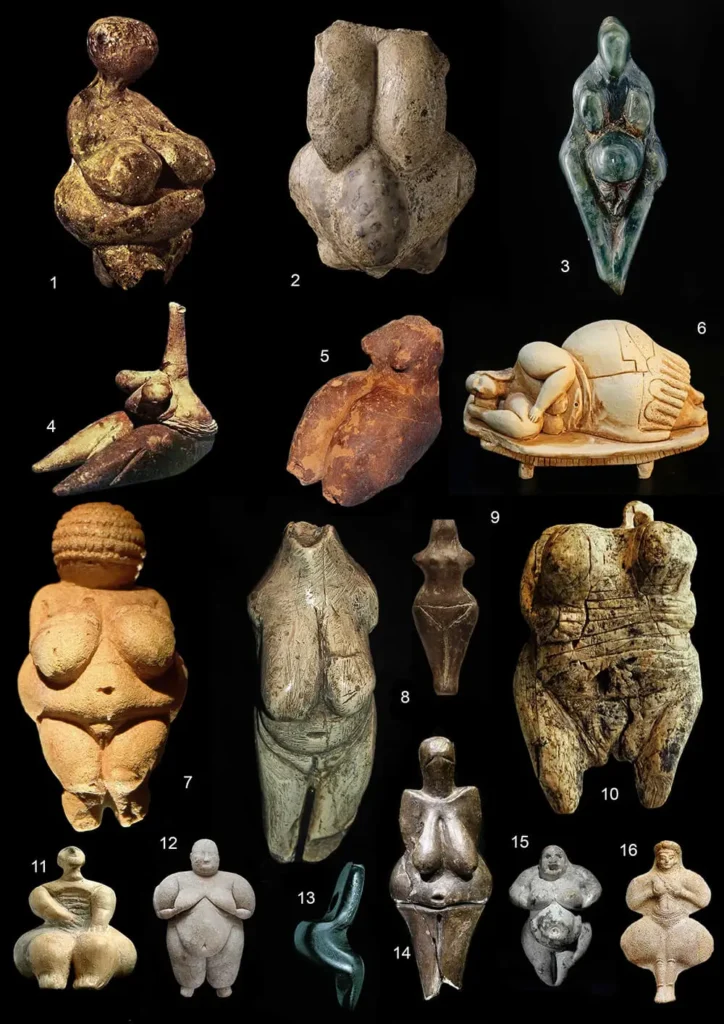
Because there was never an abundance of food and for their entire life during the Paleo period and before and for our entire evolution there was scarcity, the concept of morbid obesity was nothing more than idolized fiction. A fairytale of life without starvation. We have to understand the difference between foraging and hunter-gathering and agriculture, and then agricultural societies and our modern industrial ones are significant. They are enormous regarding evolutional biology. It was all about survival.
The skinny, malnourished female was in danger if became pregnant. Living in nature might seem romantic today but for our ancestors, it was a constant nightmare with an average lifespan of 25 years. In Ice Age in Europe during winter (the last glacial period from 110,000 – 11,700 years ago), a malnourished pregnant woman would have many problems. Morbid obesity is a symbol of fertility or a symbol of successful pregnancy and a symbol of life itself. Our paleo grandparents did not understand the full range of functioning of biological principles, but they for sure understand the role of adipose tissue for survival. It was the way of life ever since our ancestors moved out of Africa and entered colder climates, and even in Africa actually, there was no overabundance of sources of food around also. In snow and ice and caves with constant hunger and other hominins around competing for food, it was the worst-case scenario. That is why we can see morbid obesity Venuses figurines.
After the Neolithic Revolution, it all shifted rapidly. There were the first larger cities and societal hierarchies. Also, the concept of fertility shifted everywhere. Goddesses became slimmer, stories grew into religion, and morphed into the culture.
Eating healthy still does not mean that we will override our hunger drive. There is no magic cure for survival signaling except for strong medications. Eating healthy can still make us obese. The healthy diet is just the one we had evolved and adapted to eating. That is it. It is not a restrictive diet.
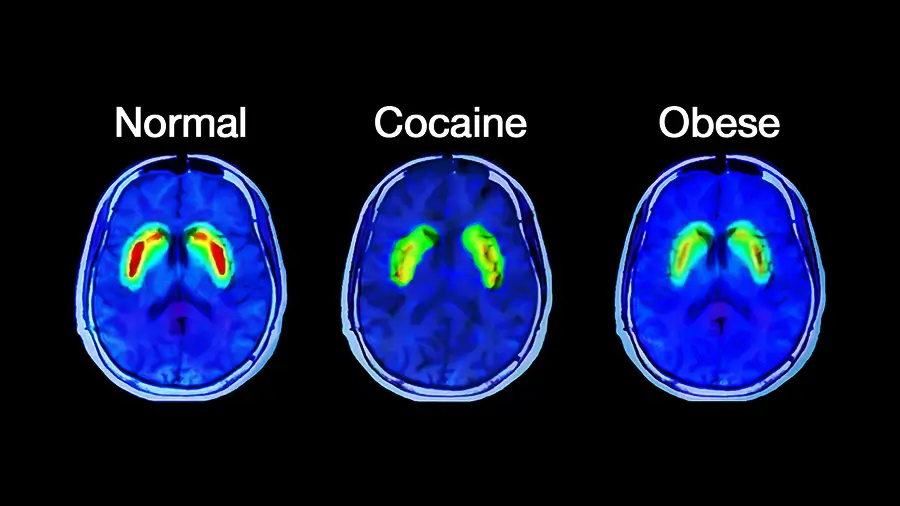
It is not the tastiest diet also. In nature, there is scarcity, so taste exists as a reward, not as a common theme for every meal.
For every animal in existence in nature, hunger is the normal state of being. Alternatively, a constant struggle for food would be more precise. For every animal that lives on this planet, food obsession is a daytime job. Most of the time during their lives animals spend searching for food. There are no supermarkets and cans of ready-to-eat meals. It is a struggle. Moreover, that was a normal condition for humans even today. Well, at least the body physiology part.
Our desire and pleasure-seeking behavior are what make us sick. Evolution did not predict electricity and microchips and cars. We are maladapted to our habitat. We have underlined mechanisms that force us to act in an evolutionary protective manner such as overeating food. The not-so-unique obstacle now is that there is no scarcity anymore.
References:
Passages selected from a book: Pokimica, Milos. Go Vegan? Review of Science Part 1. Kindle ed., Amazon, 2018.
- Anderberg, Rozita H et al. “The Stomach-Derived Hormone Ghrelin Increases Impulsive Behavior.” Neuropsychopharmacology : official publication of the American College of Neuropsychopharmacology vol. 41,5 (2016): 1199-209. doi:10.1038/npp.2015.297
- Al Massadi, Omar et al. “Ghrelin and food reward.” Neuropharmacology vol. 148 (2019): 131-138. doi:10.1016/j.neuropharm.2019.01.001
- Johnson, Paul M, and Paul J Kenny. “Dopamine D2 receptors in addiction-like reward dysfunction and compulsive eating in obese rats.” Nature neuroscience vol. 13,5 (2010): 635-41. doi:10.1038/nn.2519
- Palmiter, Richard D. “Is dopamine a physiologically relevant mediator of feeding behavior?.” Trends in neurosciences vol. 30,8 (2007): 375-81. doi:10.1016/j.tins.2007.06.004
- Obradovic, Milan et al. “Leptin and Obesity: Role and Clinical Implication.” Frontiers in endocrinology vol. 12 585887. 18 May. 2021, doi:10.3389/fendo.2021.585887
- Crujeiras, Ana B et al. “Leptin resistance in obesity: An epigenetic landscape.” Life sciences vol. 140 (2015): 57-63. doi:10.1016/j.lfs.2015.05.003
- Peng, Jin et al. “Central and peripheral leptin resistance in obesity and improvements of exercise.” Hormones and behavior vol. 133 (2021): 105006. doi:10.1016/j.yhbeh.2021.105006
Related Posts
Do you have any questions about nutrition and health?
I would love to hear from you and answer them in my next post. I appreciate your input and opinion and I look forward to hearing from you soon. I also invite you to follow us on Facebook, Instagram, and Pinterest for more diet, nutrition, and health content. You can leave a comment there and connect with other health enthusiasts, share your tips and experiences, and get support and encouragement from our team and community.
I hope that this post was informative and enjoyable for you and that you are prepared to apply the insights you learned. If you found this post helpful, please share it with your friends and family who might also benefit from it. You never know who might need some guidance and support on their health journey.
– You Might Also Like –

Learn About Nutrition
Milos Pokimica is a doctor of natural medicine, clinical nutritionist, medical health and nutrition writer, and nutritional science advisor. Author of the book series Go Vegan? Review of Science, he also operates the natural health website GoVeganWay.com
Medical Disclaimer
GoVeganWay.com brings you reviews of the latest nutrition and health-related research. The information provided represents the personal opinion of the author and is not intended nor implied to be a substitute for professional medical advice, diagnosis, or treatment. The information provided is for informational purposes only and is not intended to serve as a substitute for the consultation, diagnosis, and/or medical treatment of a qualified physician or healthcare provider.NEVER DISREGARD PROFESSIONAL MEDICAL ADVICE OR DELAY SEEKING MEDICAL TREATMENT BECAUSE OF SOMETHING YOU HAVE READ ON OR ACCESSED THROUGH GoVeganWay.com
NEVER APPLY ANY LIFESTYLE CHANGES OR ANY CHANGES AT ALL AS A CONSEQUENCE OF SOMETHING YOU HAVE READ IN GoVeganWay.com BEFORE CONSULTING LICENCED MEDICAL PRACTITIONER.
In the event of a medical emergency, call a doctor or 911 immediately. GoVeganWay.com does not recommend or endorse any specific groups, organizations, tests, physicians, products, procedures, opinions, or other information that may be mentioned inside.
Editor Picks –
Milos Pokimica is a health and nutrition writer and nutritional science advisor. Author of the book series Go Vegan? Review of Science, he also operates the natural health website GoVeganWay.com
Latest Articles –
Top Health News — ScienceDaily
- The overlooked nutrition risk of Ozempic and Wegovyon February 4, 2026
Popular weight-loss drugs like Ozempic and Wegovy can dramatically curb appetite, but experts warn many users are flying blind when it comes to nutrition. New research suggests people taking these medications may not be getting enough guidance on protein, vitamins, and overall diet quality, increasing the risk of muscle loss and nutrient deficiencies.
- A 25-year study found an unexpected link between cheese and dementiaon February 4, 2026
A massive Swedish study tracking nearly 28,000 people for 25 years found an unexpected link between full-fat dairy and brain health. Among adults without a genetic risk for Alzheimer’s, eating more full-fat cheese was associated with a noticeably lower risk of developing the disease, while higher cream intake was tied to reduced dementia risk overall. The findings challenge decades of low-fat dietary advice but come with important caveats.
- MIT’s new brain tool could finally explain consciousnesson February 4, 2026
Scientists still don’t know how the brain turns physical activity into thoughts, feelings, and awareness—but a powerful new tool may help crack the mystery. Researchers at MIT are exploring transcranial focused ultrasound, a noninvasive technology that can precisely stimulate deep regions of the brain that were previously off-limits. In a new “roadmap” paper, they explain how this method could finally let scientists test cause-and-effect in consciousness research, not just observe […]
- Why heart disease risk in type 2 diabetes looks different for men and womenon February 4, 2026
Scientists are digging into why heart disease risk in type 2 diabetes differs between men and women—and sex hormones may be part of the story. In a large Johns Hopkins study, men with higher testosterone had lower heart disease risk, while rising estradiol levels were linked to higher risk. These hormone effects were not seen in women. The results point toward more personalized approaches to heart disease prevention in diabetes.
- Sound machines might be making your sleep worseon February 4, 2026
Sound machines may not be the sleep saviors many believe. Researchers found that pink noise significantly reduced REM sleep, while simple earplugs did a better job protecting deep, restorative sleep from traffic noise. When pink noise was combined with outside noise, sleep quality dropped even further. The results suggest that popular “sleep sounds” could be doing more harm than good—particularly for kids.
- This unexpected plant discovery could change how drugs are madeon February 3, 2026
Plants make chemical weapons to protect themselves, and many of these compounds have become vital to human medicine. Researchers found that one powerful plant chemical is produced using a gene that looks surprisingly bacterial. This suggests plants reuse microbial tools to invent new chemistry. The insight could help scientists discover new drugs and produce them more sustainably.
- A hidden cellular process may drive aging and diseaseon February 3, 2026
As we age, our cells don’t just wear down—they reorganize. Researchers found that cells actively remodel a key structure called the endoplasmic reticulum, reducing protein-producing regions while preserving fat-related ones. This process, driven by ER-phagy, is tied to lifespan and healthy aging. Because these changes happen early, they could help trigger later disease—or offer a chance to stop it.
PubMed, #vegan-diet –
- Diet type and the oral microbiomeon February 2, 2026
CONCLUSION: The diet-oral microbiome-systemic inflammation axis is bidirectional and clinically relevant. Understanding both direct ecological regulation and indirect metabolic effects is essential to support precision nutrition strategies aimed at maintaining oral microbial balance and systemic inflammatory risk mitigation.
- Consensus document on healthy lifestyleson January 22, 2026
Proteins are a group of macronutrients that are vital to our lives, as they perform various functions, including structural, defensive and catalytic. An intake of 1.0-1.2 g/kg/body weight per day would be sufficient to meet our needs. Carbohydrate requirements constitute 50 % of the total caloric value and should be obtained mainly in the form of complex carbohydrates. In addition, a daily intake of both soluble and insoluble fiber is necessary. Regular consumption of extra virgin olive oil […]
- Vitamin B12 and D status in long-term vegetarians: Impact of diet duration and subtypes in Beijing, Chinaon January 21, 2026
CONCLUSIONS: This study reveals a dual challenge among Beijing long-term vegetarians: vitamin B12 deficiency was strongly associated with the degree of exclusion of animal products from the diet (veganism), while vitamin D deficiency was highly prevalent and worsened with longer diet duration. The near-universal vitamin D deficiency observed in this study suggests that, in the Beijing context, the risk may extend beyond dietary choice, potentially reflecting regional environmental factors;…
- Nutritional evaluation of duty meals provided to riot police forces in Germanyon January 13, 2026
Background: The primary role of the German riot police is maintaining internal security. Due to challenging working conditions, riot police forces face an elevated risk of various diseases. During duty, forces are provided with meals. A balanced diet can reduce the risk of some of these diseases and contribute to health-promoting working conditions. Aim: First evaluation of the nutritional quality of duty meals in Germany based on German Nutrition Society recommendations (DGE). Methods: In…
- Iodineon January 1, 2006
Iodine is an essential trace nutrient for all infants that is a normal component of breastmilk. Infant requirements are estimated to be 15 mcg/kg daily in full-term infants and 30 mcg/kg daily in preterm infants.[1] Breastmilk iodine concentration correlates well with maternal urinary iodine concentration and may be a useful index of iodine sufficiency in infants under 2 years of age, but there is no clear agreement on a value that indicates iodine sufficiency, and may not correlate with […]
Random Posts –
Featured Posts –
Latest from PubMed, #plant-based diet –
- From paddy soil to dining table: biological biofortification of rice with zincby Lei Huang on February 4, 2026
One-third of paddy soils are globally deficient in zinc (Zn) and 40% of Zn loss in the procession from brown rice to polished rice, which results in the global issue of hidden hunger, e.g., the micronutrient deficiencies in the rice-based population of developing countries. In the recent decades, biofortification of cereal food crops with Zn has emerged as a promising solution. Herein, we comprehensively reviewed the entire process of Zn in paddy soil to human diet, including the regulatory…
- Molecular Characterization of Tobacco Necrosis Virus A Variants Identified in Sugarbeet Rootsby Alyssa Flobinus on February 3, 2026
Sugarbeet provides an important source of sucrose; a stable, environmentally safe, and low-cost staple in the human diet. Viral diseases arising in sugarbeet ultimately impact sugar content, which translates to financial losses for growers. To manage diseases and prevent such losses from occurring, it is essential to characterize viruses responsible for disease. Recently, our laboratory identified a tobacco necrosis virus A variant named Beta vulgaris alphanecrovirus 1 (BvANV-1) in sugarbeet…
- Nutrition in early life interacts with genetic risk to influence preadult behaviour in the Raine Studyby Lars Meinertz Byg on February 3, 2026
CONCLUSIONS: Nutrition in early life and psychiatric genetic risk may interact to determine lasting child behaviour. Contrary to our hypothesis, we find dietary benefits in individuals with lower ADHD PGS, necessitating replication. We also highlight the possibility of including genetics in early nutrition intervention trials for causal inference.
- Effect of the gut microbiota on insect reproduction: mechanisms and biotechnological prospectsby Dilawar Abbas on February 2, 2026
The insect gut microbiota functions as a multifunctional symbiotic system that plays a central role in host reproduction. Through the production of bioactive metabolites, gut microbes interact with host hormonal pathways, immune signaling, and molecular regulatory networks, thereby shaping reproductive physiology and fitness. This review summarizes recent advances in understanding how gut microbiota regulate insect reproduction. Accumulating evidence demonstrates that microbial metabolites…
- Rationale and design of a parallel randomised trial of a plant-based intensive lifestyle intervention for diabetes remission: The REmission of diabetes using a PlAnt-based weight loss InteRvention…by Brighid McKay on February 2, 2026
CONCLUSIONS: This trial will provide high-quality clinical evidence on the use of plant-based ILIs to address the epidemics of obesity and diabetes to inform public health policies and programs in Canada and beyond.
- Diet type and the oral microbiomeby Daniel Betancur on February 2, 2026
CONCLUSION: The diet-oral microbiome-systemic inflammation axis is bidirectional and clinically relevant. Understanding both direct ecological regulation and indirect metabolic effects is essential to support precision nutrition strategies aimed at maintaining oral microbial balance and systemic inflammatory risk mitigation.
